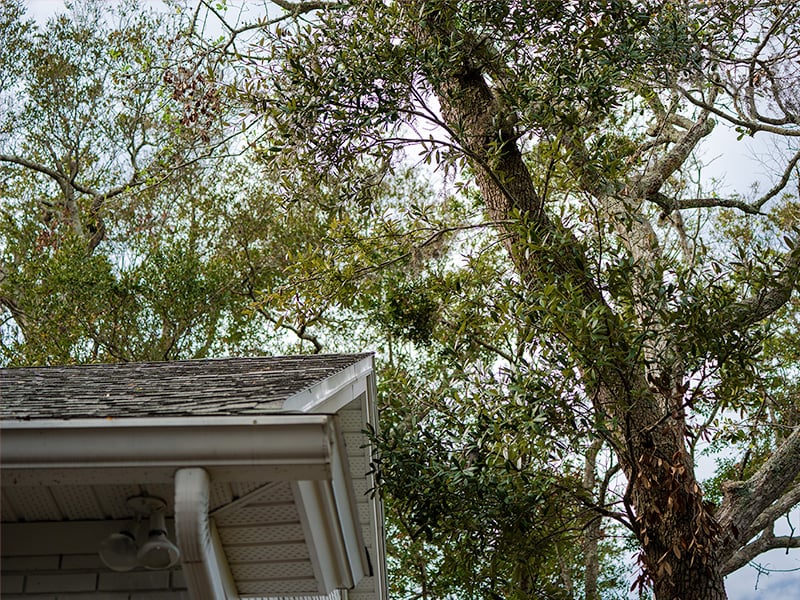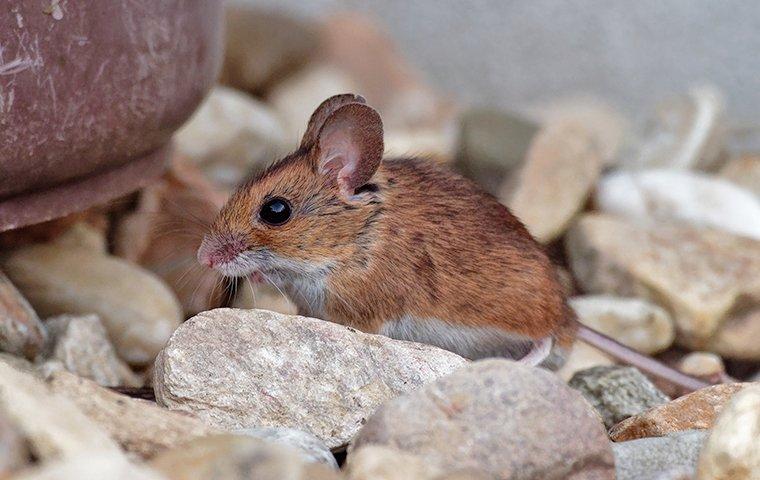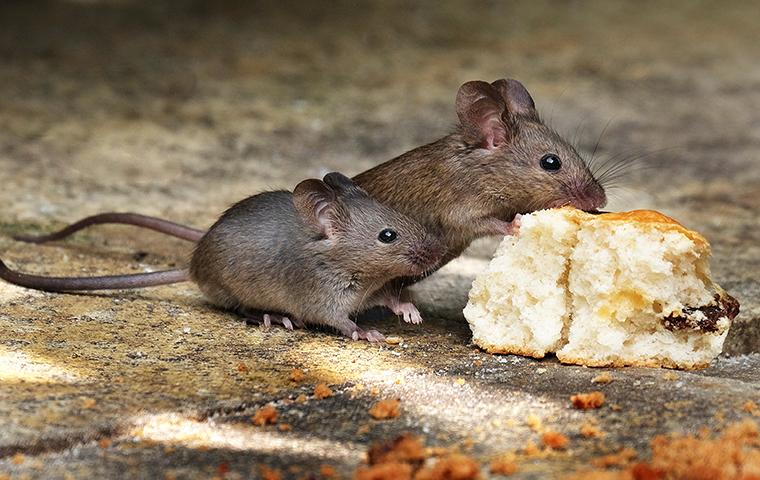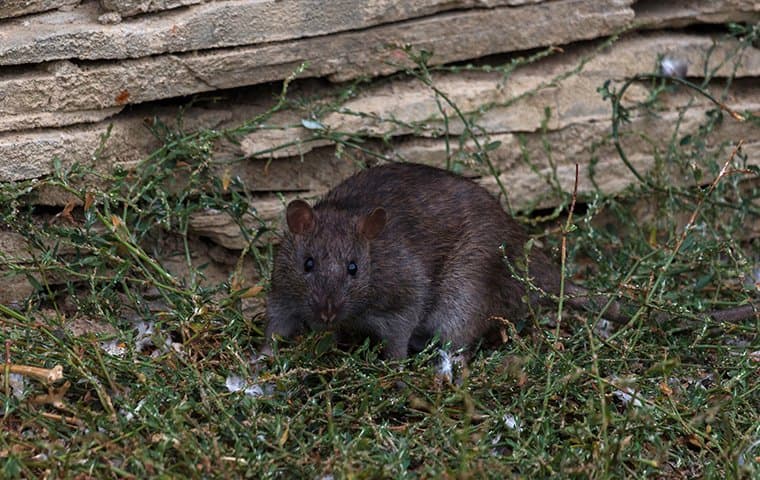Why Rodents Are A Serious Problem For Jacksonville Homes
Before discussing the problems rodents cause in our Jacksonville homes, it is essential to nail down what we mean when using the term rodents. Of all the mammal species in the world, rodents make up the majority of them. There are more than 6,600 species of mammals in the world. Of all the mammals in the world, about 1,500 of them are rodents species. That's quite a high percentage! But only a tiny fraction of this group of these rodents are considered pests. And even fewer are considered household pests. When was the last time you heard of someone dealing with an infestation of prairie dogs or a house full of beavers? Yeah. It doesn't happen. At least not that we've ever heard of. The rodents that usually get into our homes are generally mice, rats, and squirrels. And, of these three, mice and rats are considered "common" invaders. So those are the two rodents we will be referring to in this article.
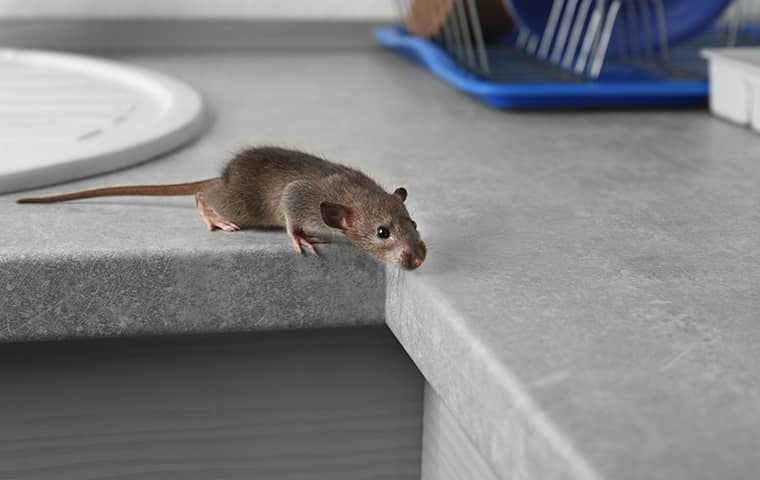
If you see rodents inside your Jacksonville home or you're detecting the signs of rodent activity, such as droppings in the backs of your drawers and cabinets or the distinct smell of urine and fecal matter, then there are a few things you should know:
Common Rodent Problems
- Rodents build nests. These nests are made from materials found in your home. They will chew on insulation, books, furniture, clothing, rugs, tapestries, curtains, and other objects to acquire materials for their nests.
- Rodents create access holes. If they find a food source in your home, they are likely to start holes in your walls to make pathways for easy access to the areas where your food is stored. This can cause damage to your sheetrock and baseboards.
- Rodents chew through walls and wiring. If they accidentally chew through a live wire, it can spark a fire. This can lead to the loss of human life, which is the worst possible outcome of having a rodent infestation.
- Rodents are dirty animals. They leave their feces and urine where they sleep, and they often forage in messy locations such as trash cans and dumpsters. That makes them a mechanical vector for harmful bacteria. Exposure to this bacteria can result in stomach illness. If rodents create nests in air ducts, harmful particles can become airborne and cause respiratory illness.
- Rodents leave behind urine as they travel. That means they can contaminate your dishes, food, and surfaces with urine just by crawling across them.
- Rodents can get into our food sources. No cardboard or paper food package is safe from rodents. Not only can rodents cause food to spill out all over your shelves and floor, but they can contaminate that food with harmful bacteria and human pathogens as well as urine.
- Rodents can damage stored items. If you have furniture in storage, rodents can damage them by chewing through the fabric and establishing their nests inside. They also chew into stored boxes and damage or contaminate the items inside.
- Rodents often go in and out of a home. Each time these rodents return, they can bring fleas, ticks, lice, and other parasites back in with them. This can cause secondary infestations in your home.
Over time, all of the problems listed above can worsen as these rodents multiply. Some rodents can multiply quite quickly. For instance, a single female mouse can have three to fourteen young in one litter and five to ten litters in just one year. And those young mice can reach reproductive age in as little as nineteen days when they can begin having litters of their own. And before you know it, you'll be dealing with a severe rodent problem.
What To Do About Rodents
When rodents invade, many people turn to DIY control methods like mouse traps and rat poisons to solve the problem, but rodents are extraordinarily difficult to control. Mice and rats are very skeptical of new things placed in their environments, and their instincts and behavior patterns allow them to avoid traps and other control methods.
Just because rodents are hard to control doesn't mean you can ignore the problem. Rodents are not a pest you want to make mistakes with. They create too many issues that can develop into serious problems!
Since rodent infestations can be a serious problem, the best course of action is to hire a professional to deal with them appropriately. Don't trust your health and property to DIY rodent control. Let the rodent control specialists at Lindsey Pest Control rid your home of those rodents and help you keep them out. Schedule a free, no-obligation inspection today to get started!
Get Your Free Pest Control Quote Today!
Complete the form below to get started with your free, no-obligation quote, and a Lindsey Pest representative will contact you shortly.
Same Day Service Available!
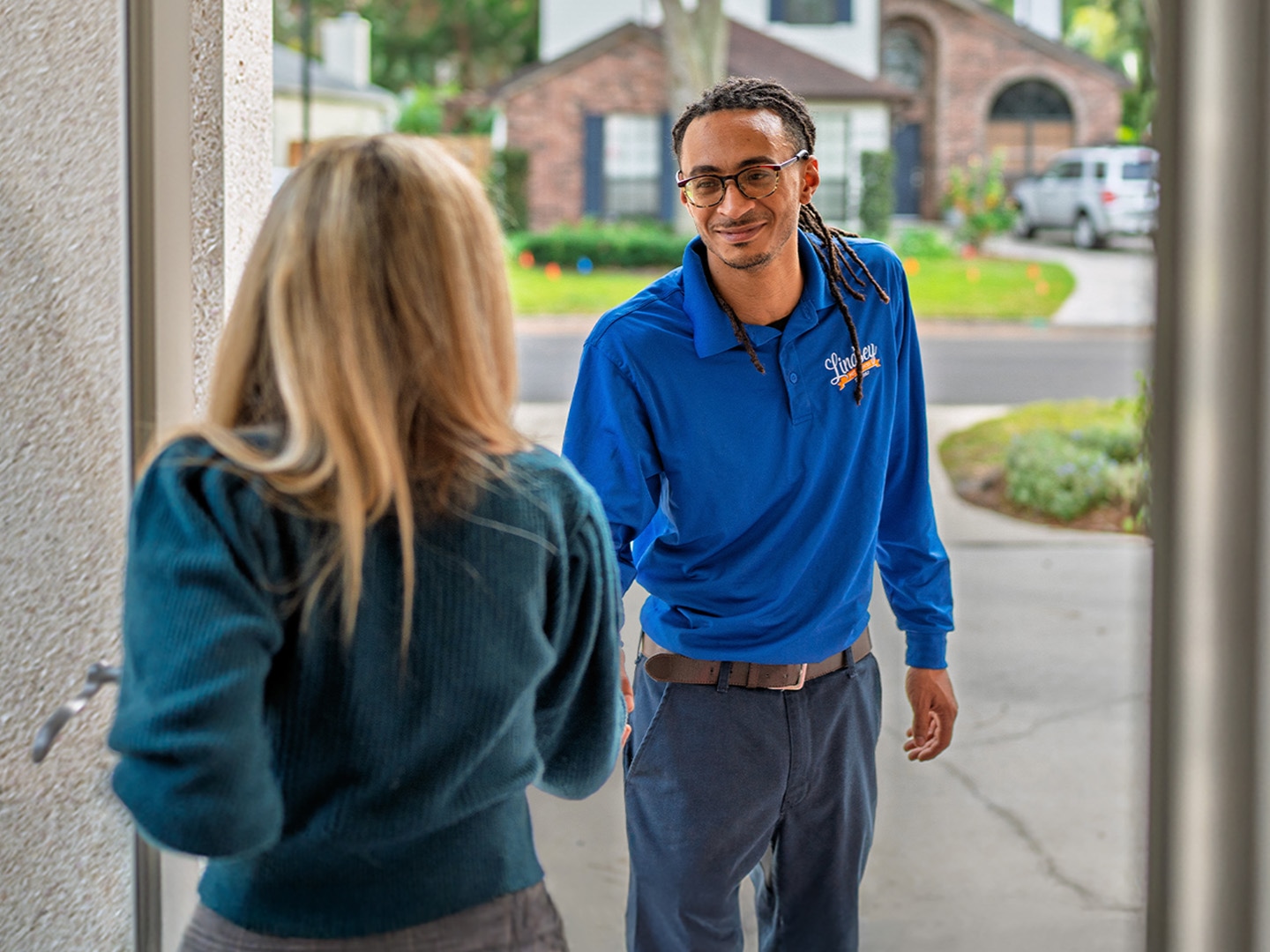
Blog Posts








